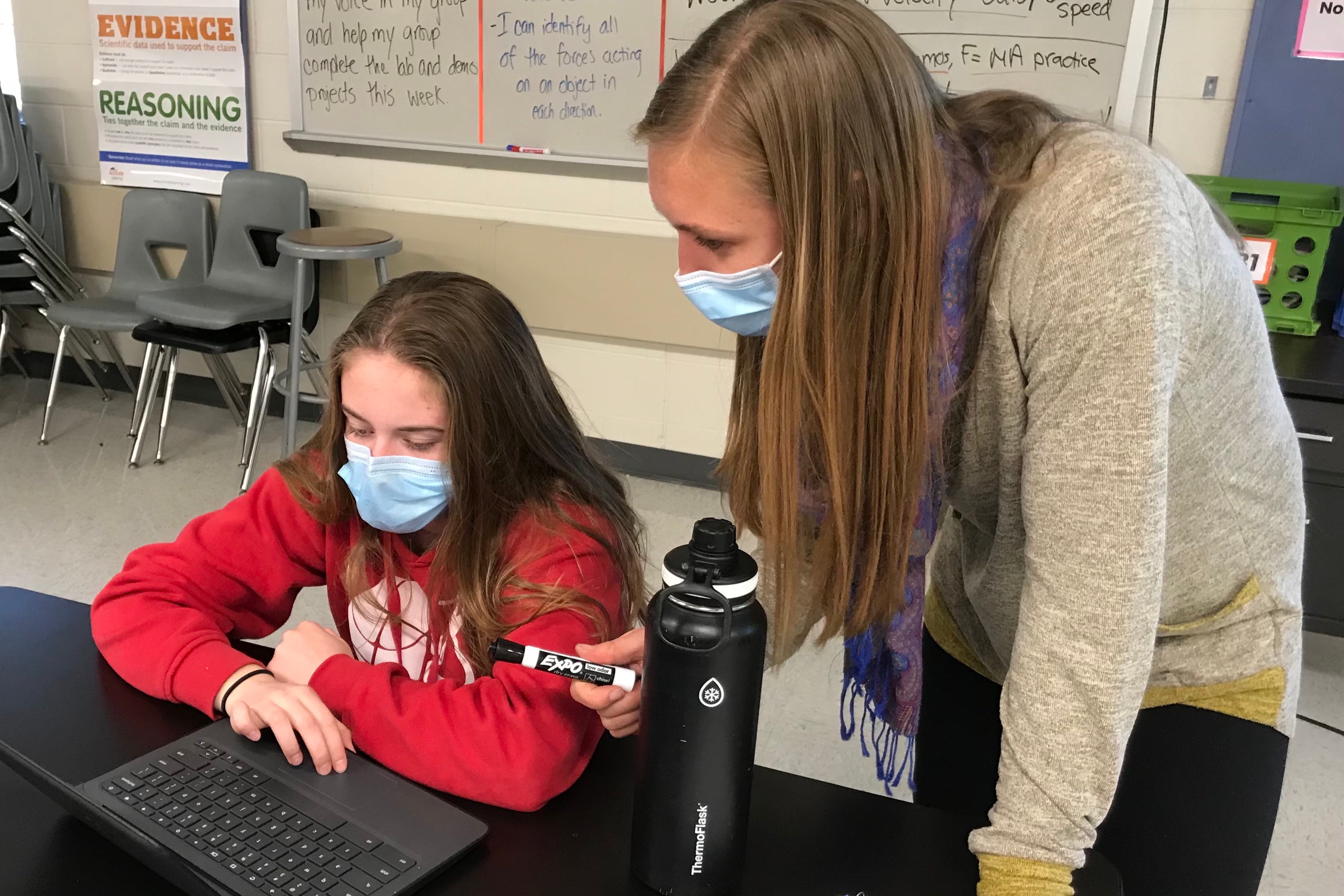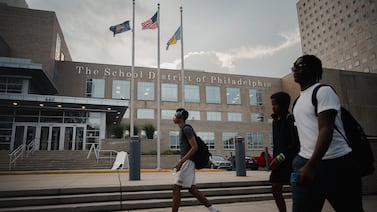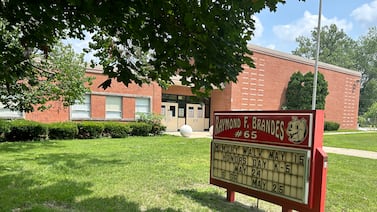Many school districts have long struggled to hire teachers prepared to work with students with disabilities and with those who don’t speak English as their first language. It’s even harder to find a teacher qualified to do both.
The BUENO Center for Multicultural Education, at the University of Colorado Boulder, has secured a federal grant to expand its ongoing work to get more teachers earning those dual certifications.
“Every child needs an opportunity to be understood,” said Estella Almanza, project director at the BUENO Center. “We are investing in human capital.”
This year, the federal grant for the center was for $2.8 million. Overall the U.S. Department of Education awarded 44 grants nationwide totaling $120 million to projects supporting teachers of English learners. The Bueno Center was the only recipient in Colorado.
The grant enables the center to cover tuition for a master’s degree with double state endorsements for 60 teachers from about a dozen school districts primarily on the Western Slope and in southwestern parts of the state. The Roaring Fork, Eagle, and Summit school districts have partnered with the university before for the training and are continuing the work. New partners include school districts of Aspen and Durango.
Some of the communities are hours away from a university offering master’s courses, and some teachers find it difficult to pay for the specializations.
As part of the project, the university is also focusing on teaching family engagement practices, helping teachers collaborate with each other, and improving lesson plans for reading. The university will track data from the teachers’ classrooms, to evaluate how much progress English learner students of participating teachers make compared with English learners in other classrooms.
Jessica Martinez, the director of multilingual education for Eagle County schools, said that when applications have opened for the program, teachers quickly fill the spots.
Most teachers completing the training then qualify for new roles using one of the two specializations. In Eagle, Martinez said that it’s often hard to recruit teachers for both areas, though the local college now offering a degree program with a culturally and linguistically diverse education endorsement has provided more English learner teachers in recent years. The district also hires dual-language teachers from other countries.
But Martinez said that when teachers can help students who are identified as both having a disability and being English learners, the dual certifications really help.
According to federal data, more than 16,000 students in Colorado, or more than 16% of all students with disabilities, are also identified as English learners. Nationally, some advocates worry that English learners are overidentified as having a disability and many districts struggle with offering these students both services.
Martinez especially appreciates that teachers with both certifications are better prepared to identify whether a student is struggling because of a special education need, or because of a language barrier.
“Having a teacher who can better identify what their needs are — that’s been the big thing,” Martinez said. “If a teacher only has one background, they don’t always know what the other possibilities are, and they aren’t able to identify the root causes.”
Read more details about the grant from the center’s application here.
Yesenia Robles is a reporter for Chalkbeat Colorado covering K-12 school districts and multilingual education. Contact Yesenia at yrobles@chalkbeat.org.






